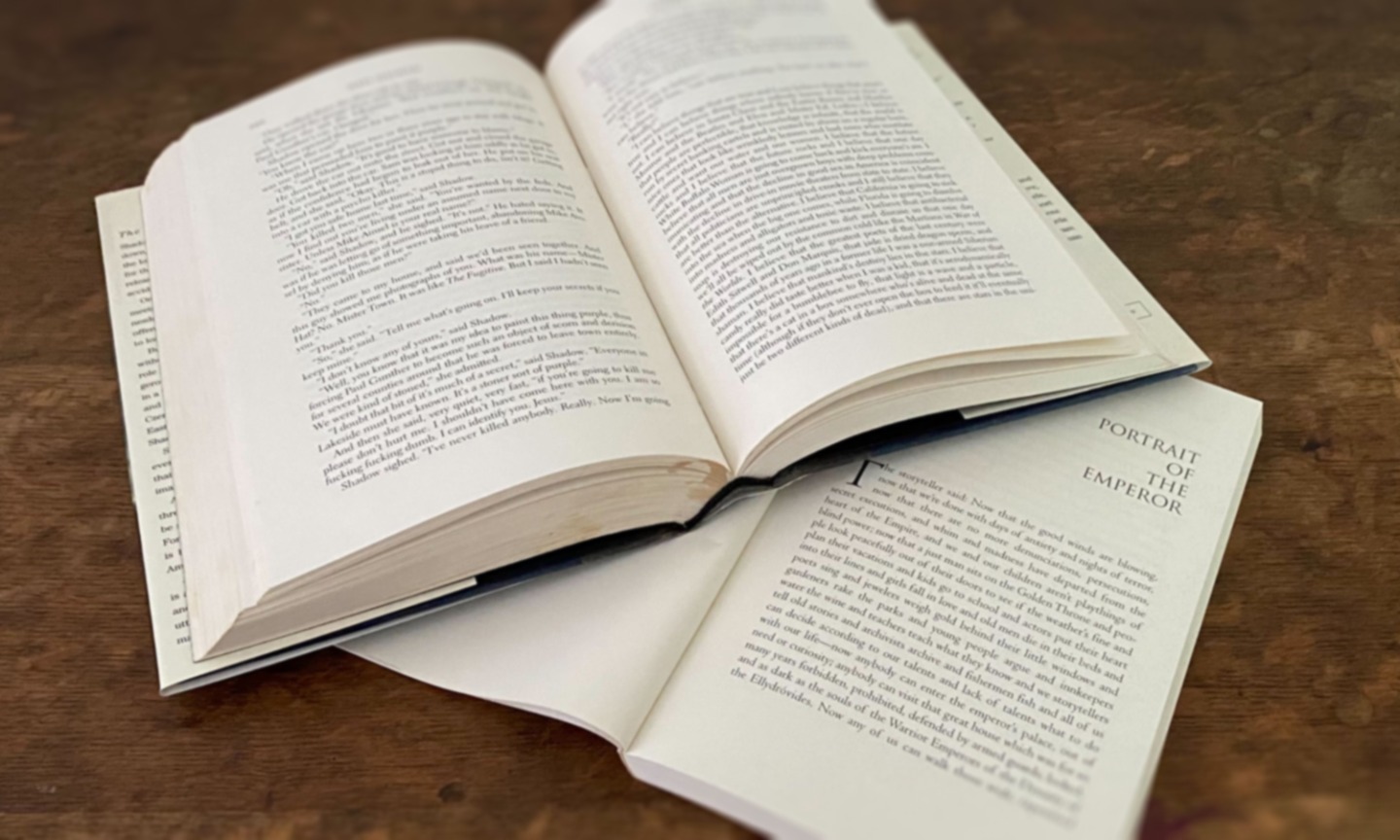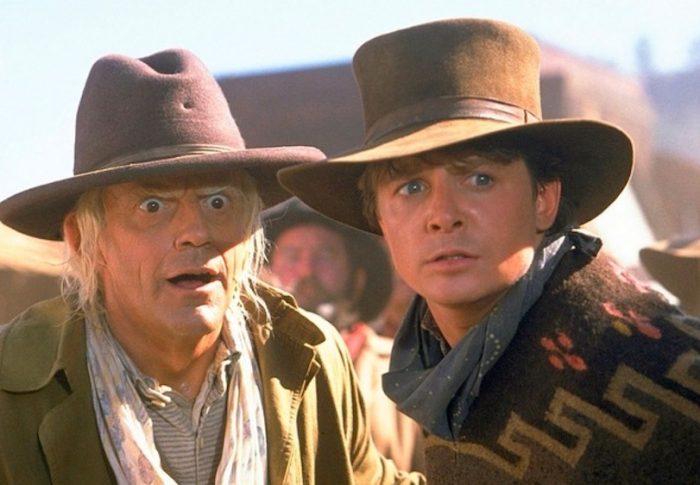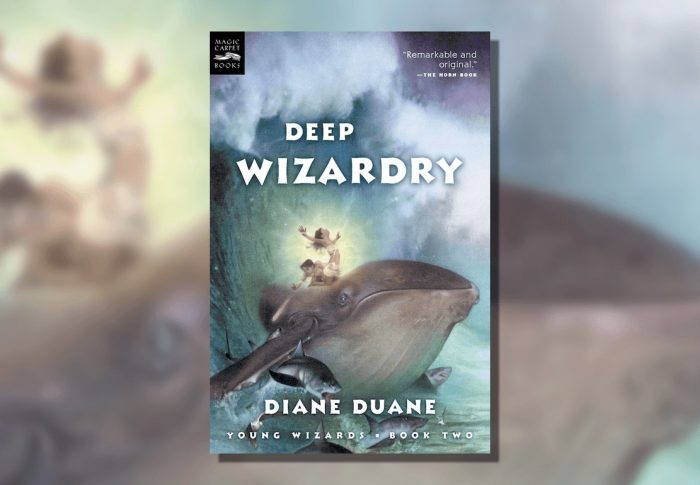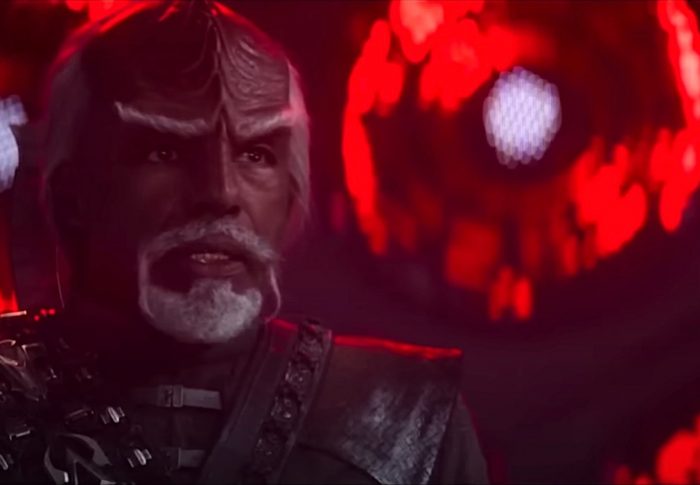
Have you ever stopped to think about a paragraph?
The first sentence of Angélica Gorodischer’s The Heist of the Empire is more than 200 words long – two hundred and seventeen, if my hasty counting is correct. I’ve had writing assignments that aimed to cover entire films or concerts that were shorter than that. In Ursula K. Le Guin’s translation, there’s more to the paragraph before the author moves on to the next thought, the next indent.
I thought a lot about this passage and one of its epic sentences. I’ve been thinking about this question since an online event a few months ago when an interviewer asked Kelly Link if she had any questions she wanted people to ask her. Link thought about it and said she wanted to talk about paragraphs. She has a question about the passage. Suddenly, so did I.
Favorite books are common; favorite sentences are perhaps less so, but there are plenty of memorable ones. I might even come up with a favorite chapter if there is pressure. But a paragraph? This solid, flexible foundation for writing? What exactly is one? Do you think of them when you read? Do you perceive them differently online and in print? Have you ever wondered why they break when they happen or for so long?
When one assigns oneself the task of writing paragraphs, it is hard not to feel uncomfortable with one’s own paragraphs. (One might even feel the need to warn that I’m not an expert, English teacher, or copy editor, nor am I picking on semantics here.) But as a reader and writer, I have a comfort zone, as many people do. I like long paragraphs when I need to get lost in an idea and short paragraphs when someone wants to make a point or hit home in an emotional moment. I love variety, even though I don’t always remember having it or relying too much on one small segment, one question within a longer segment.
(I’ve also been thinking about Aaron Burch’s tweet, “The top 5 writing lessons for me were growing up in the 90s and hearing the phrase ‘loud, quiet, loud.'” If you’ve never heard the ’90s that Burch and I clearly have in common, this might not immediately resonate. But it tracks.)
Paragraphs are usually things I don’t think about when I’m reading. They happen, I read them, and I move on to the next, often in such a state of enthusiasm that I may not be able to tell you, after closing the book, whether a writer prefers long or short, breathless or majestic. I notice these things when I go back and think about them, or when they don’t work for me, when the rhythm and words seem to be out of sync. I notice them most when they keep getting shorter.
I once had an editor who would chop my movie reviews into individual sentences. They’re printed in two columns, so the sentences – yes, I like long sentences – look, I guess, like paragraphs. But I cannot bear to read myself in this way. The rhythm is not what it sounds like in my head. It feels like every sentence needs to be a statement, when in fact I disagree and never agree with the theory that every review has to be completely authoritative and pretend to be objective. We have emotional responses to art. These are criticisms. Statements will occur, but they are not required to appear on every line.
But this paragraph has gone completely off-topic.
Have you ever opened a book, flipped through it, but could see nothing but words, barely a paragraph? My heart sank even though I know the writer did it on purpose. My brain felt it was suffocating. But it also shies away from books with no paragraph framework and too many sentences standing on their own. I don’t mean dialogue; it’s dialogue. That’s different. But when every sentence wants to hit…
It wants to hit your heart.
Maybe something the character just realized.
This is true for a page or most of a book.
Rhythm is style, but also taste. My brain hiccups over it, wants to slow down and accept more than what I’m getting. These sentence-length paragraphs demanded that I pause without giving me any reason to continue pausing. It’s like my mind doesn’t know what to do with them. But they’re almost certainly someone else’s favorite thing.
Loud, quiet, loud, my brain insisted. Long, short, long. Short, short, long. There are as many rhythms, as many writers, and as many options.
But what about those walls of text? One of those is one of my absolute favorite long statements in any book, even though I’m a little shy to say that now. Back in 2001, when I read this book on my lunch break, out of breath and swooning, it felt like a secret. Now I think everyone knows. It starts with two lines:
“I,” she told him, “can believe anything.”
“Really?”
At the end of this speech, which appears in NeilGaiman’s “American Gods,” Sam “pauses, out of breath,” while a reader is by her side, thinking, “How much of my faith is mine? How many people would I reject or hug? What would my own chain of beliefs sound like?”
I don’t remember the paragraphs after that.
I love a paragraph that is its own little world, and I love a paragraph that does its job unobtrusively, letting me move on to the next, and the next, and the next. As a reader, I don’t often stop to unravel their secrets, taking them almost for granted – until I’m not, until something pops up and asks me to read it again, or think about it differently, or ask yourself why you like it or don’t like the way something breaks or flows. I’m not really concerned with how the paragraph should be. But as readers, don’t we want to think about how they are? What are they doing? Sometimes a small paragraph seems to contain the whole heart of a book in a few sentences.
I do wish someone would talk to Kelly Link about them, though; I would very much like to hear what she has to say. Let’s say… Kelly Link, David Mitchell, Nghi Vo, and Alaya Dawn Johnson: someone puts them in a room (or Zoom) and asks them to discuss passages. I think all of us, readers, and writers alike, learn more than a thing or two.







Tagged character preferences, complexity, do-gooders, morality, paladins